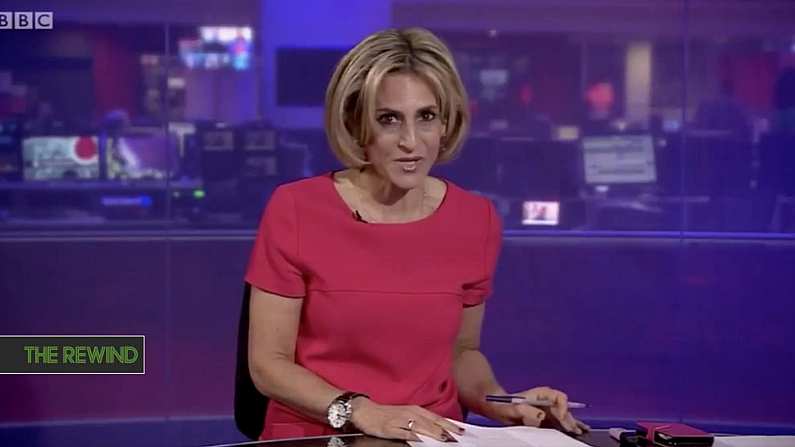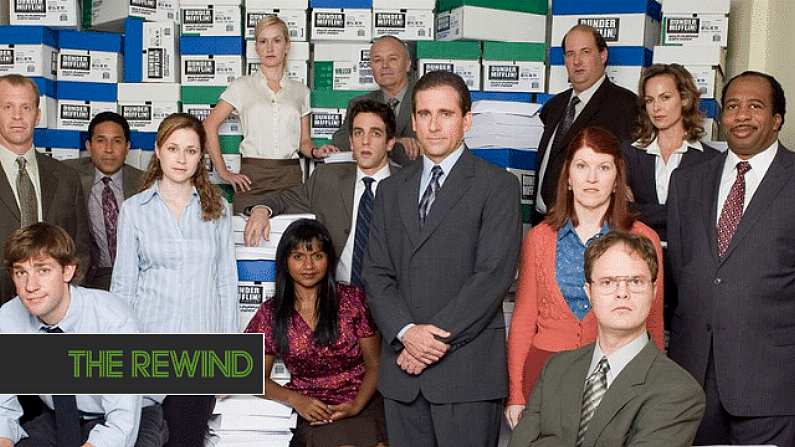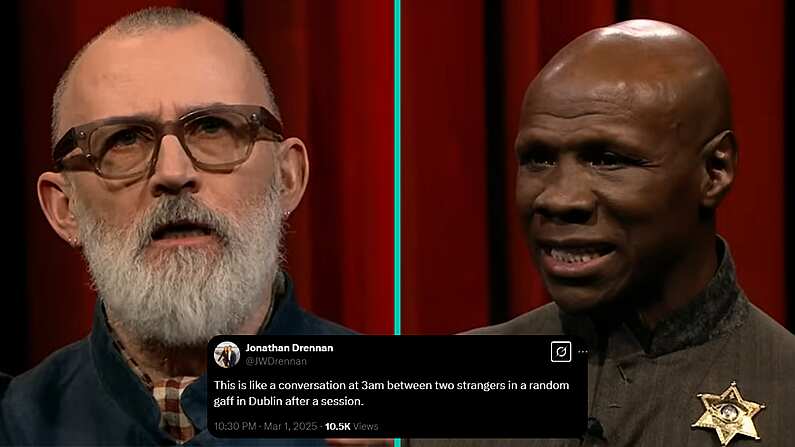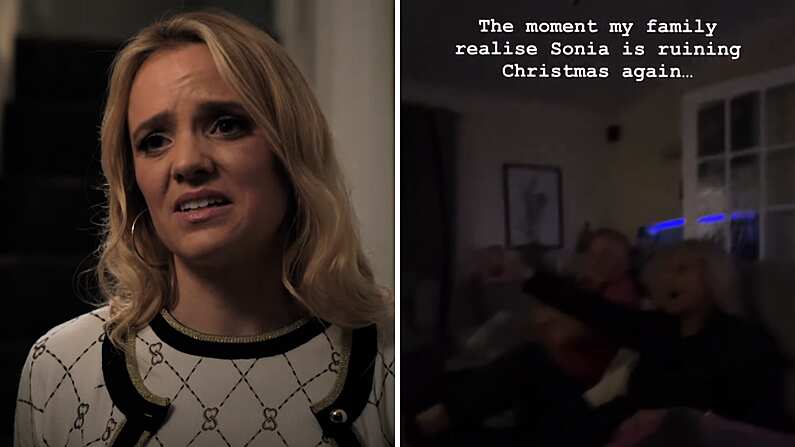In recent days, the UK has been gripped by the impact that the coronavirus had had on their Prime Minister. While it was thought that Boris Johnson had been dealing with the disease well after his diagnosis, it emerged on Monday night that he had been sent to ICU as his condition worsened.
Johnson's case has been pointed to as an example of how COVID-19 does not discriminate in who it infects, that everyone of us is at equal risk regardless of our economic circumstances.
But is this really the case?
There is no doubt that the virus does not care about the wealth of a potential host, but the way in which we are forced to live our lives has a massive impact on our chances of contracting it.
Those working on the frontlines, many of whom are relatively low-paid, and people living in more cramped conditions are much more likely to come into contact with coronavirus. In this sense, not all men are equal.
This was very much the message of journalist Emily Maitlis. Presenting BBC's 'Newsnight' last night, she opened the show with a powerful message. She criticised the misleading language used by many politicians in recent times, as well as dispelling the myth that the virus was a 'leveller' in society.
It is something you feel needed to be said.
Emily Maitlis with powerful words that needed saying tonight. pic.twitter.com/yqNgxlHoJU
— Huw (@Huwburt) April 8, 2020
The language around COVID-19 has sometimes felt trite and misleading. You do not survive the illness through fortitude and strength of character, despite what the Prime Minister's colleagues will tell us.
The disease is not a great leveller, the consequences of which, rich or poor, that everyone suffers the same. This is a myth which needs debunking.
Those on the frontline right now, bus drivers and shelf-stackers, nurses, care home workers, hospital staff and shopkeepers, are disproportionately the lower paid workers in our workforce.
They are more likely to catch the disease because they are more exposed. Those who live in tower-blocks or flats have found the lockdown tougher. Those in manual jobs will be unable to work from home.
This is a social health issue with huge ramifications for social welfare, and it a welfare issue with huge ramifications for public health...
What kind of social settlement might need to be put in place to stop the inequality becoming even more stark?
This is spot on.
The way the virus has been spoken about has been ridiculous at times, that all that was needed was for people to pull up their boot straps and puff out their chest. This is especially true in the UK, a country which is now feeling the effects of not taking the disease all that seriously for far too long.
While clapping healthcare workers is all well and good, everything must be done to ensure that those on the frontline are provided with the equipment and resources they require in order to keep themselves and others safe. That applies to all countries, including this one.














